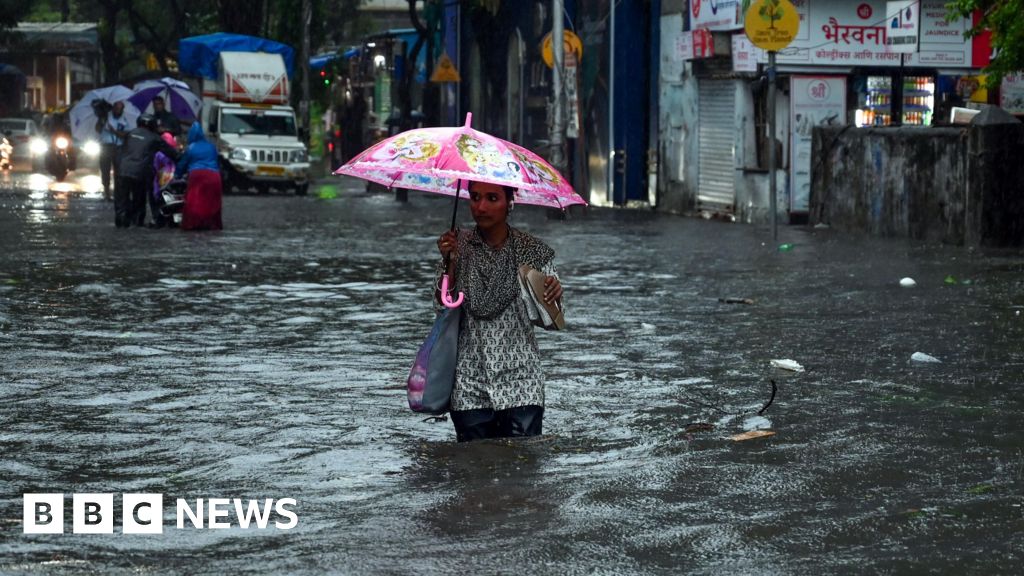MELBOURNE, Australia -- Australia’s re-elected Prime Minister Anthony Albanese on Sunday was greeted by well-wishers at a Sydney café and said the country had voted for unity over division.
Albanese’s center-left Labor Party won an emphatic victory in elections on Saturday. As vote counting continued, the government was on track to win at least 85 seats in the 150-seat House of Representatives, the lower chamber where parties need a majority to form an administration.
Labor held 78 seats in the previous Parliament, and gaining seats in a second term is rare in Australian politics.
“The Australian people voted for unity rather than division,” Albanese told reporters in the crowded café in the inner-suburban Leichhardt where he and his fiancee, Jodie Haydon, gathered with colleagues and supporters for coffee.
“We'll be a disciplined, orderly government in our second term, just like we have been in our first,” he added.
He noted that he had frequented the cafe as a child with his late mother, Marryanne Albanese, a single parent who became an invalid pensioner. She raised her only child in public housing nearby.
“I did certainly think of her last night as well. She would be very proud,” Albanese said of his mother, who was a member of the Labor Party.
In an election result reminiscent to Canada’s recent contest, conservative opposition leader Peter Dutton lost his parliamentary seat. His alliance of parties was reduced to 37 seats.
Canada's opposition leader, Pierre Poilievre, lost his seat after U.S. President Donald Trump declared economic war on the U.S. neighbor. Poilievre had previously been regarded as a shoo-in to become Canada’s next prime minister and shepherd his Conservative Party back into power for the first time in a decade.
Senior Australian lawmakers say they feared late last year they would become the first government to be tossed out after a single three-year term since the turmoil of the Great Depression in 1931.
Like the center-left Canadian government, the Australian government had linked their political opponents to Trump's administration and its Elon Musk-led Department of Government Efficiency.
Australia was hit during the five-week election campaign with 10% tariffs on exports to the United States despite trading with its bilateral free trade partner at a deficit for decades.
The opposition leader was branded “DOGE-y Dutton,” and Labor warned that a Dutton government would slash public sector services to pay for seven government-funded nuclear power plants.
Labor said Dutton never campaigned at any of the proposed power plant sites and argued the conservatives realized that nuclear reactors were not popular. There is no nuclear power generation in Australia.
Labor also accused Dutton of igniting culture wars. While Albanese stands before the Australian flag and two Indigenous flags at media announcements, Dutton had said that as prime minister, he would only stand in front of the national flag.
Indigenous Australians account for 4% of the population and are the nation's most disadvantaged ethnic minority.
Albanese has become the first Australian prime minister to lead a party to consecutive election victories since conservative John Howard in 2004.
Howard’s 11-year reign ended at the next election in 2007. Like Dutton, Howard also lost his seat in Parliament as well as his government. Howard’s departure coincided with the start of an extraordinary period of political instability that created a revolving door for political leaders. There have been six prime ministers since Howard, including one who served in the role twice in separate stints three years apart.
Albanese said the first world leader to congratulate him on his election victory was Papua New Guinea Prime Minister James Marape, who phoned at 7:45 a.m.
“He’s a very good friend,” Albanese said. “I told him it’s a bit early to call.”
Albanese had also spoken to New Zealand Prime Minister Christopher Luxon and received text messages of congratulation from British Prime Minister Kier Starmer and French President Emmanuel Macron.
Albanese said he would speak to Indonesian President Prabowo Subianto and Ukraine President Volodymyr Zelenskyy later Sunday.

 4 weeks ago
11
4 weeks ago
11









 English (US) ·
English (US) ·